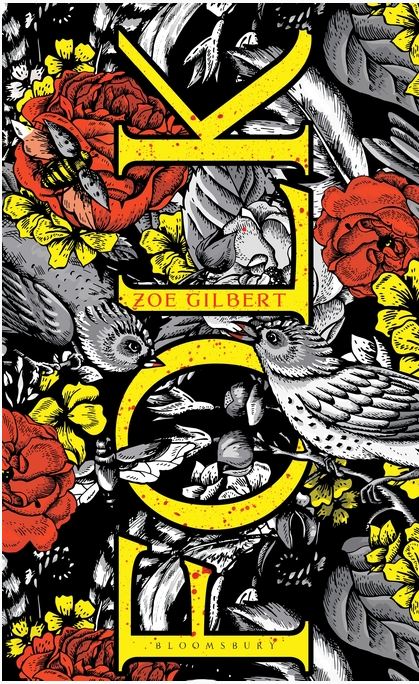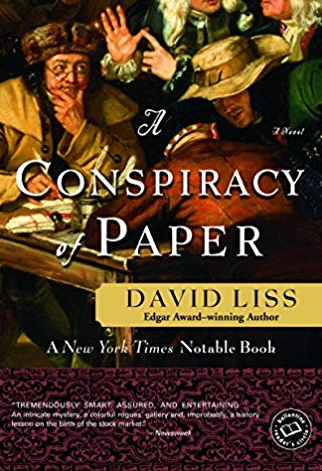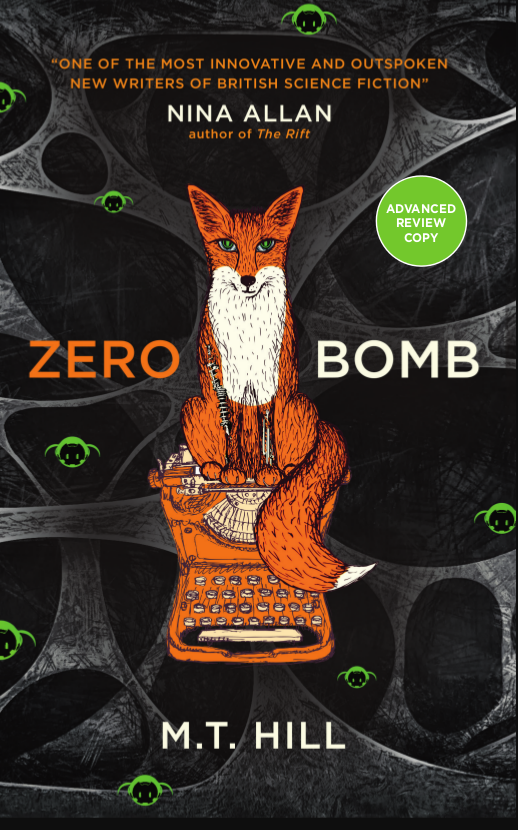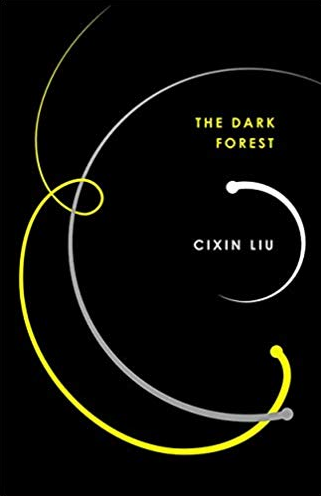This is a short antilibrary in the spirit of antilibrari.es.
Essentially it’s a list of books I own but have not read, with a loose preview of each. Its an oblique insight into my tastes and current interests, re-motivates me to read the books and think about what reading it is for, and might pique your interest to pick one up too.
Fiction
Summerland – Hannu Rajaniemi – about spies from the afterlife, Warren Ellis recommended and sounds very much his jam, so I suppose might be mine?


Folk – Zoe Gilbert – another Ellis recommendation. a dark and immersive folk magicky island community explored over the course of a generation, sounds like a pinch of 100 days of solitude, rpg world building, and slice-of life yawdlings
Memory Theatre – Simon Critchley – I bought this for someone else but never ended up giving it to them. Gets a blurb from David Mitchell who I like a lot, as a “mind game occupying a strange frontier between philosophy, memoir and fiction”, and seems to involve astrology, prophecy and 16th century weirdness.


A Conspiracy of Paper – David Liss – I got this in a charity shop ages ago. It’s about an 18th century Jew investigating debtors and felons, drawn into a financial mystery. Sounds like it will be drawing parallels and contrasts with our current financialised world, plus a paper trail and fun historical detail.
Zero Bomb – M.T. Hill – actually I think another Ellis recommendation. near future mystery with memory issues and a key artifact from the past holding information about the future. Actually sounds a bit like Memory Theatre, so maybe interesting to read back to back?


The Dark Forest – Cixin Liu – I’m not normally such a fan of harder sci fi but I loved the first of this trilogy, The Three Body Problem, which I read without knowing the story continued and at its climax was delighted that things were going further. What I enjoyed from the last book was the embedding in the Chinese context, including some harrowing parts set in the Cultural Revolution.
Nonfiction
The Second Circle – Patsy Rodenburg – recommended by someone who took an improv class built around it. it seems to be a text about finding ways to hack your awareness which is good, although I don’t know if it’s just a variant on the common mindfulness stuff you find around, or has its own weight.
Apollo 13 – James Lovell and Jeffrey Kluger – account of the crisis mission. I’ve seen the film, find the whole situation riveting, have a suspicion that reading the events in black and white will be even more compelling. Also Kathryn has read it and thinks it’s one of the best non-fiction books she has ever read.
Cheer up Love – Susan Calman – a memoir of a Glasgow comedian who I don’t really know. Focusing on depression, so reading it would give me a bit of local context for my life in West of Scotland, and testimony on mental health. Apparently it’s very funny!
Jimmie MacGregor’s Scotland – Jimmie MacGregor, obviously. I have leafed through the start so it’s a bit of a cheat to include, but essentially, it’s a personal exploration of the country , ambling around without sticking to a linear chronology or strict geography. What I liked so far was his voice, sincere, gently humourous and compassionate, and how he brings to life the particularities of the white working class culture of his Glasgow beginnings (he argues, for instance, that racism has much less resonance in the city, with sectarian concerns swamping skin colour; among his anecodets he mentions an angry drunk bus passenger venting his frustration at the Nigerian conductor by saying “you big orange bastard”)
My Voice will Go With You: The teaching tales of Milton H Erickson – ed. Sidney Rosen. I got this because I love stories and stories used purposively, like fables or socratic texts, are very much my jam. He was a hypnotherapist and grandfather of creepy NLP too so I would also find it interesting to get a taste of what he was like, if he escapes the Grinder/Bandler vibe
Factfulness – Hans, Ola and Anna Rosling – I was gifted this book and I know some charges that Rosling is wilfully glass half full and that he may also rig his data presentations to obscure important facts; it also reminds me of the great critique of Steven Pinker’s progress accounts. But I’m sure there is some useful stuff to mine from there, and that feels like the approach – get in, extract, get out.
The Coming Age of Imagination: How Universal Basic Income will lead to an explosion of creativity – Phil Teer – I backed this on Unbound. Right now it feels a bit optimistic to be thinking about, but it looks like it gives a good history of prior experiments and bills itself as a “creative manifesto” which I’m totally on board with
Oxford Guide to Metaphors in CBT: Building Cognitive Bridges – various authors – another book on practical use of story and metaphor to change minds. I’ve dipped in and it’s technical but potentially really fruitful.
An End to Upside Down Thinking – Mark Gober – the subtitle is “Dispelling the Myth That the Brain Produces Consciousness, and the Implications for Everyday Life” which sounds up my street. I got invited to review this but only got it after I left by writing gig so if I get into it I will try and give it a proper treatment here.